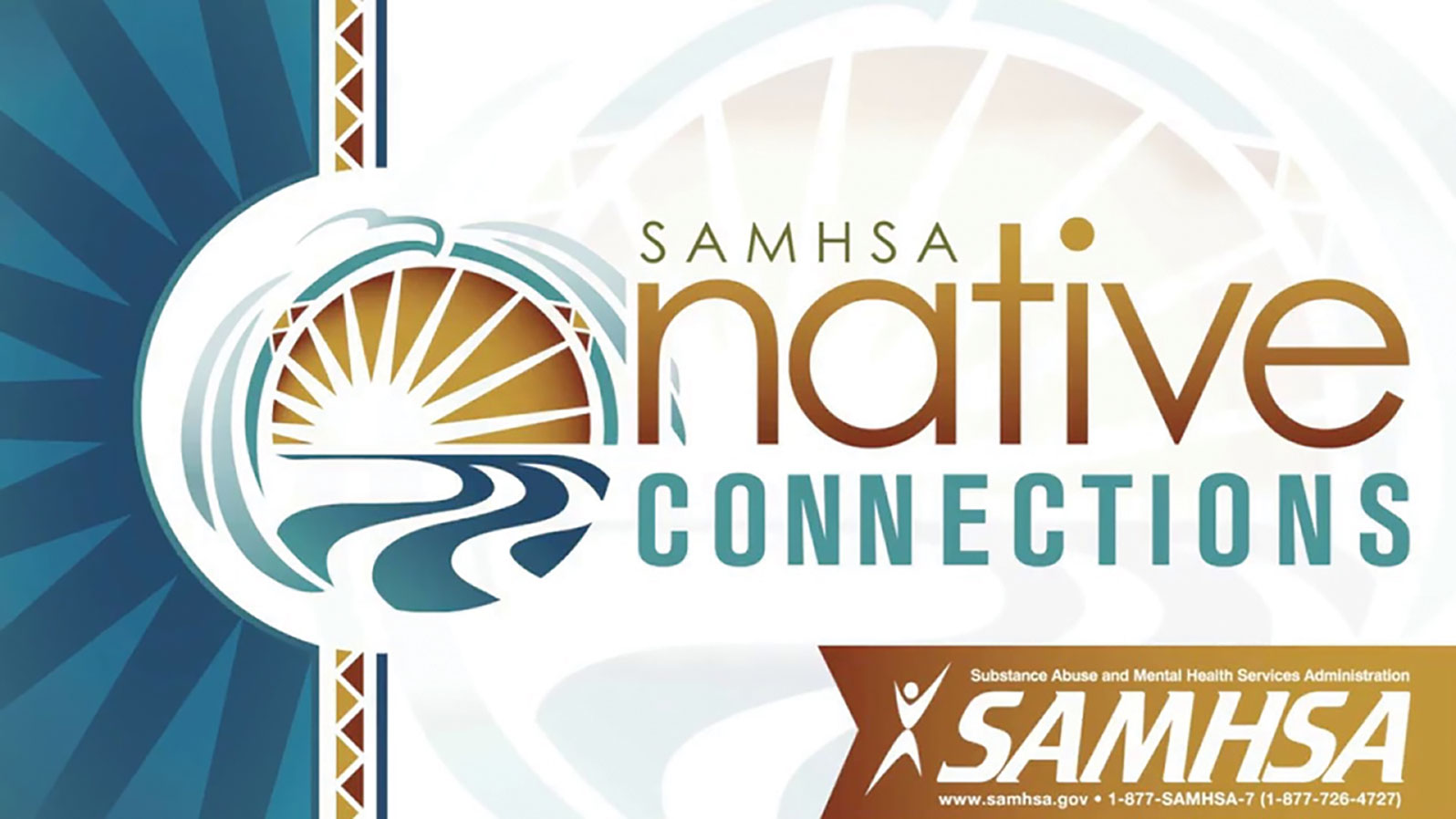What is the Center for Native Youth and the State of Native Youth Report?
The Center for Native American Youth believes all Native American youth should lead full and healthy lives, have equal access to opportunity, draw strength from their culture and inspire one another. They also work to improve the health, safety, and overall well-being of Native American youth. They do this through youth recognition, inspiration, and leadership; research, advocacy, and policy change; by serving as a national resource exchange; and by connecting Native youth with strength-based media opportunities.
This report serves as a demonstration of the groundbreaking work of Native youth and it stands as a roadmap to help decrease barriers and increase the opportunity for youth. Throughout the year, the Center for Native American Youth (CNAY) works to ensure that the positive work youth are doing is amplified, supported, and nurtured. They also work on many different levels to shift the narrative of harmful stereotypes that surround Native Americans throughout this country.
For more information check out their website at www.cnay.org
What can we learn from the 2019 State of Native Youth Report?
Health and Wellness: Many tribal people are making efforts to shift back to traditional teachings and lifestyles. We’ve come to realize that our ancestors were more in harmony with nature and natural resources than we are today, and we can see the effects of this imbalance throughout Indian Country. This imbalance has affected our food and access to nutritious native foods, our ability to offer a variety of programming that treats our physical, mental, social, and spiritual health, and our access to sexual health and reproductive rights information and resources. Native youth are working to restore the connection to overall wellbeing and our ancestor’s traditional ways of what that means.
Systems Involving Youth: Our Native youth are becoming more engaged, involved and educated about systems that are no longer or have never worked in our favor. Such as systems that have promised protection for our families, from separation and violence, which are failing Indian Country. They are using their voices to be heard about issues such as the Murdered and Missing Indigenous Women and Girls, child welfare, and human trafficking. Finding ways to continue to support their efforts and concerns is crucial to helping them become healthy future leaders of our nations and tribes.
Education and Jobs: Our Native youth have also recognized the tremendous gap in cultural teachings concerning their educational experiences. They’ve become aware of the effects of non-indigenous education methods on the traditional teaching ways our people used to practice. Some of the effects of these changes can be seen in the graduation rates across Indian Country. Because of this, the Native youth are working to address: Native culture in schools, language learning in schools, innovative workforce development, and community wealth building.
Sacred Sites, Lands, and Waterways: The fight our ancestors were involved in before our grandparents and great-grandparents time is still being fought today. The fight to save mother earth is now being passed down to our Native youth who want to defend their people’s lands, waters and sacred sites from destruction and contamination. Our Native youth are becoming more educated and creating innovative ways to decolonize our land and even our food, and by doing so, becoming increasingly connected back to the natural world around us.
Citizenship: Citizenship affects us all as Native people and in most cases, we hold dual citizenship, one as a citizen of a Tribal Nation and the other as a citizen of the United States. Our Native youth have been called on to exercise their civic duties to make sure our people are well represented in this year’s 2020 Census and helping our fellow Native people run for elected offices. They are our future and they are our fighting chance for our culture and voices to be heard.
For the entire report, check out www.cnay.orgsome
Citation: Center for Native American Youth, “Native Youth Count: The State of Native Youth 2019,” State of Native Youth Report, Washington, DC, Center for Native American Youth at The Aspen Institute, November 2019.
We all need a little help and guidance sometimes.
Want to help and be a part of the change?
Looking for community members and youth to join the Prevention Coalition tasked to reduce youth substance usage, eliminate mental health stigma and start the discussion around suicide and prevention.
Upcoming Prevention Coalition Meeting: Wednesday, March 18, at So. Ute Museum- Large Classroom. Dinner served at 5:30pm, meeting starts at 6-8pm. Contact Precious Collins, Native Connections Program Coordinator for more information 970-563-2487.
Upcoming Trainings:
Youth Mental Health First Aid Training: This training is designed to teach parents, family members, caregivers, teachers, school staff, peers, neighbors, health and human services workers, and other caring citizens how to help an adolescent (age 12-18) who is experiencing a mental health or addictions challenge or is in crisis. Friday, March 13, 8am-5pm at the SunUte Community Center. Please register with Precious Collins 970-563-2487. Free training for anyone who works or lives in the Southern Ute Indian Reservation. Light snacks will be provided.

